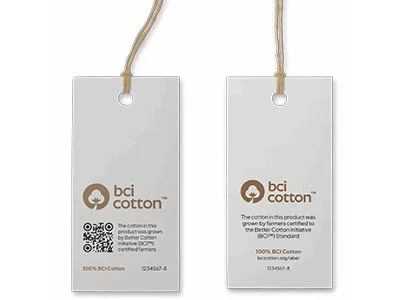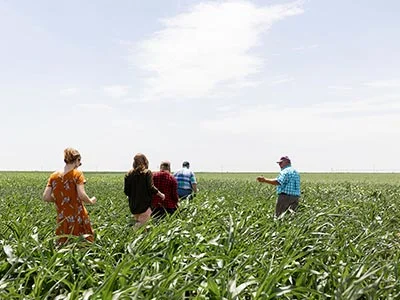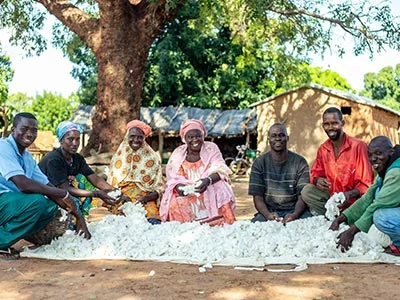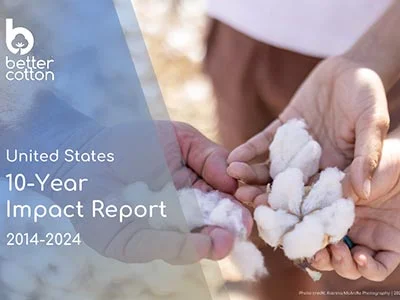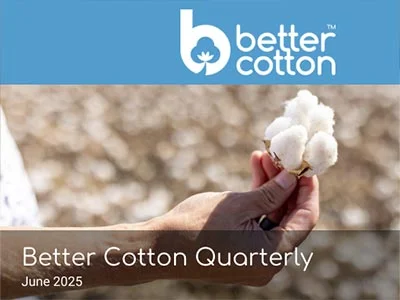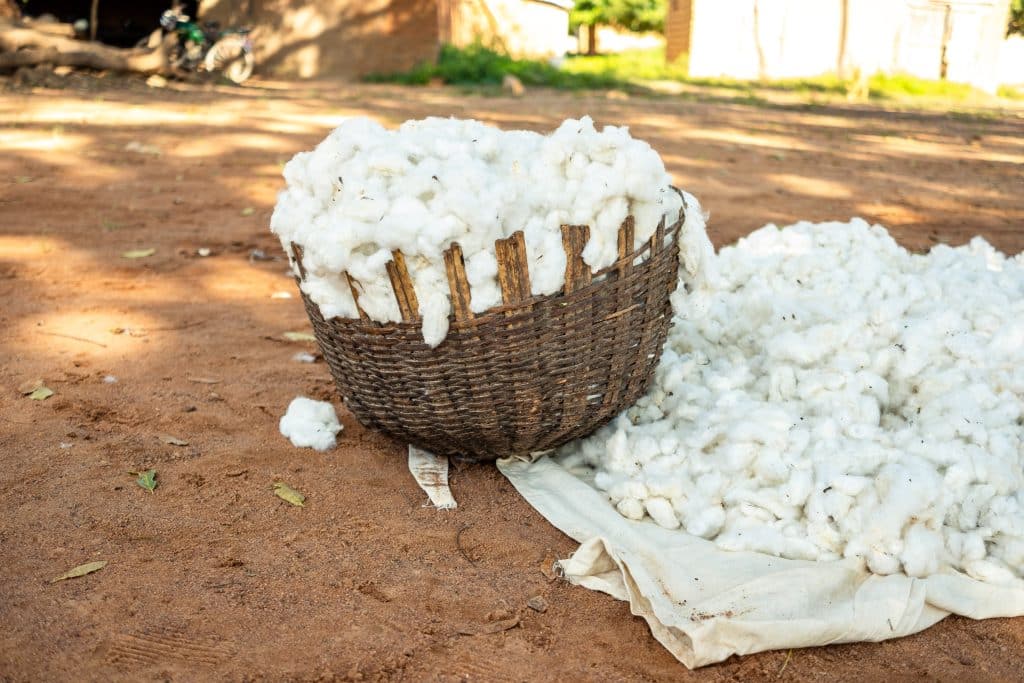
Stakeholder coalition to explore avenues for creating sustainable farming systems in Southern Chad
Better Cotton recently signed a multi-stakeholder Letter of Intent to participate in the landscape approach, developed with local stakeholders in Chad in conjunction with IDH. Through the partnership, the stakeholders intend to work towards improving the climate resilience of smallholder farmers in Southern Chad.
Sharing a common vision for sustainable, equitable, and socio-economic development of Chad’s Southern regions, the stakeholders will work together to design and implement a regional development plan following IDH’s Production – Protection – Inclusion (PPI) landscape approach.
This approach aims to create positive impacts for farmers and the environment through promoting and supporting sustainable production systems, inclusive land use planning and management, and the protection and regeneration of natural resources.
Cotontchad, with the support of IDH, is currently engaged in the Better Cotton New Country Start Up Process, in anticipation of starting a Better Cotton Programme in Chad, and embedding the Better Cotton Standard System (BCSS) in farming activities with thousands of small holder cotton farmers in Southern Chad
“We are very excited to begin this process with IDH and Cotontchad. Sustainable cotton is more in-demand than ever. Consumers want to know what commitments brands and retailers are making to protect the environment, mitigate climate change effects, and ensure responsible social practice. Through this process, we hope to ensure the resilience and longevity of the cotton sector in Chad by opening up new markets and increasing international collaboration whilst having a positive impact at field level.”
Better Cotton is actively reaching out to countries in Africa to explore collaboration opportunities and the potential to launch new country programmes. Implementing the BCSS ensures a commitment to sustainable farming practices that protect the environment, whilst also ensuring improved livelihoods for smallholder farmers. Furthermore, the BCSS aims to enhance positive impact on yields, soil health, use of pesticides and improved livelihoods of the farmers and also enables increased trade and improved access to international markets seeking sustainable cotton.






